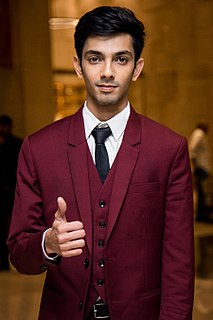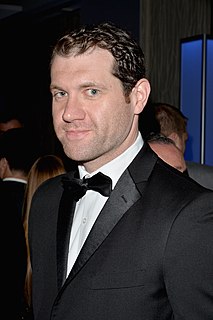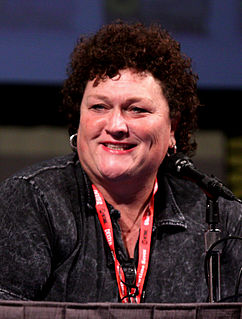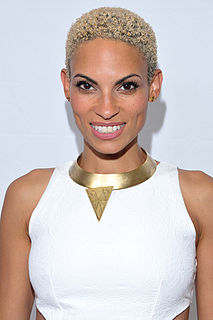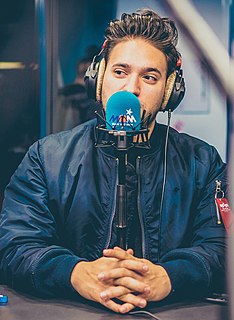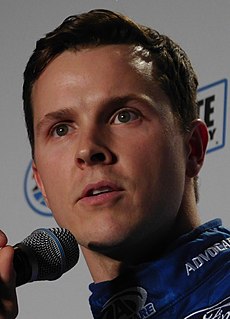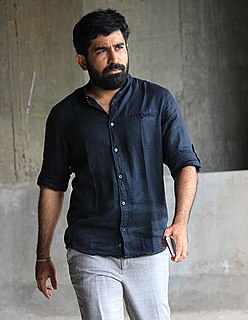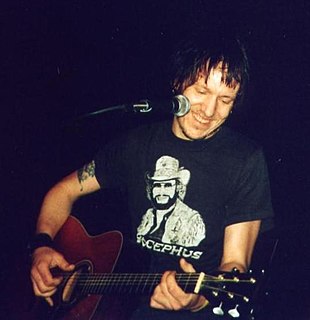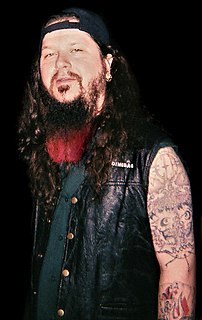A Quote by Anirudh Ravichander
I did sing a track for Dhanush's '3,' but that's because the track required a voice like mine.
Related Quotes
I did volleyball, basketball, and track all through high school. And then I went to junior college and I stuck with track because I was good at shot put and discus. And then I got a full ride to Fresno State for their track program. Shot put was my main thing. I was the five-time All-American, and I set a couple records.
I became interested in the delay, having sounds recorded and played back and then come back. I did many different configurations of sending signals from one track back to another track, or to the same track, or crisscrossing them and so forth. I worked on masking the delays so when I played into the machine, I would make long tones and collect sounds in such a way that you didn't hear the delay, although sometimes you did.
I've been doing four-track songs by myself since I was like a teenager, where I'd sing in a way that I ... I just didn't think other people would like it, so I didn't play it for them but eventually I got over that, which I'm happy that I did, because it's kind of a drag to be playing a kind of music that you don't really like as much as another kind.
